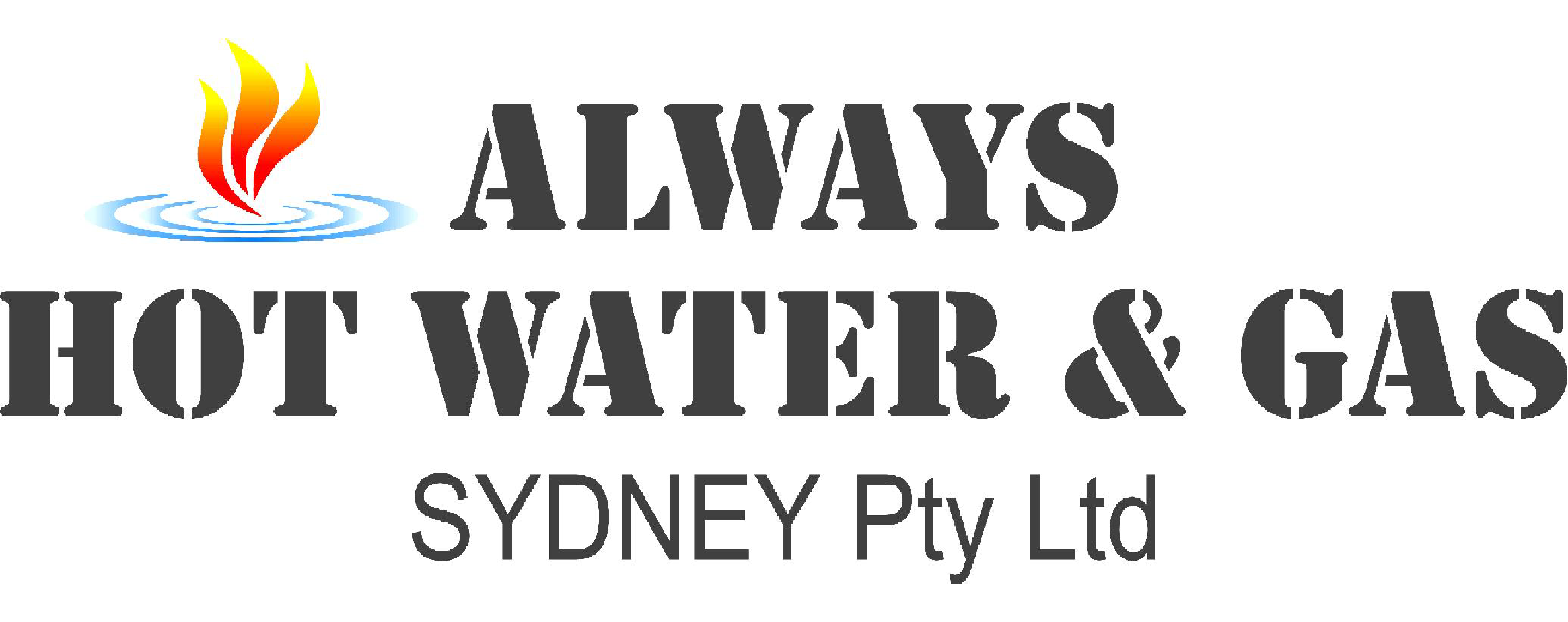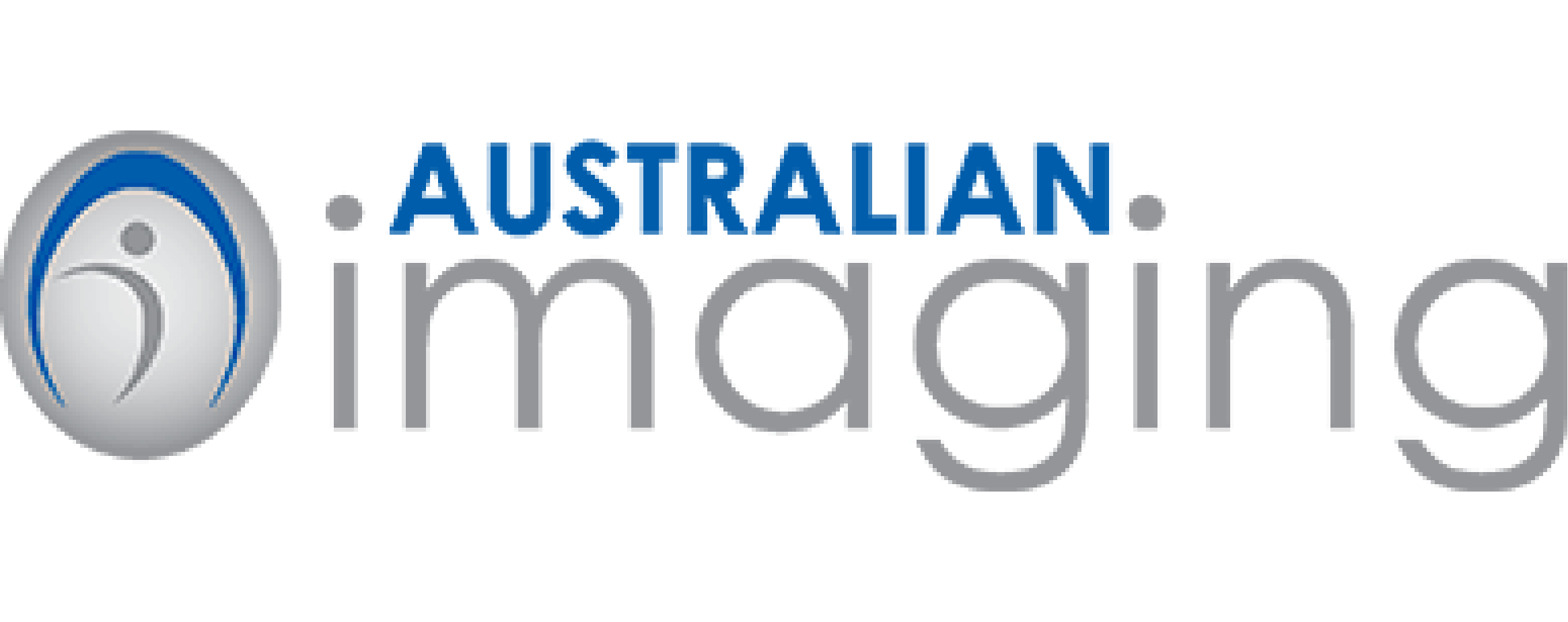For small businesses in New South Wales (NSW), understanding Goods and Services Tax (GST) obligations is critical for compliance and smooth financial operations. GST is a 10% tax on most goods and services sold or consumed in Australia, and as a small business owner, you need to know when and how to register, report, and remit GST to the Australian Taxation Office (ATO).
Platinum Accountants specialises in guiding NSW small businesses through the complexities of GST, ensuring you meet your legal obligations without hassle. In this blog, we’ll explain key GST concepts, registration thresholds, reporting requirements, and payment timelines so your business stays compliant and avoids costly penalties.
What is GST and Who Needs to Register in NSW?
GST (Goods and Services Tax) is a value-added tax applied to most goods and services sold or consumed in Australia, including NSW. It is collected by businesses on behalf of the government and paid to the ATO.
Small businesses in NSW must register for GST if:
- Their annual turnover (gross income) is $75,000 or more.
- They provide taxi or ride-sourcing services, regardless of turnover.
- They want to claim GST credits on business purchases.
Registration allows businesses to charge GST on taxable sales and claim credits for GST paid on business expenses.
GST Registration Process for NSW Small Businesses
Registering for GST is straightforward but must be done promptly when your business meets the turnover threshold. The process involves:
- Applying online through the ATO Business Portal or via your registered tax agent/accountant.
- Receiving a GST registration confirmation and your Australian Business Number (ABN) updated to include GST.
- Setting up GST-compliant accounting and invoicing systems.
Platinum Accountants can assist NSW businesses in timely GST registration to avoid compliance issues.
GST Reporting and Payment Obligations
1. Business Activity Statements (BAS)
Most small businesses registered for GST must lodge a BAS periodically (monthly or quarterly), reporting GST collected and GST credits claimed. The BAS also covers other tax obligations like PAYG withholding.
2. Payment Deadlines
- Quarterly BAS lodgment and payment: due 28 days after each quarter ends.
- Monthly BAS lodgment and payment: due 21 days after month ends, often for larger businesses.
Timely BAS submission ensures compliance and avoids penalties.
3. GST Invoices
NSW businesses must issue valid tax invoices for sales over $82.50 (including GST), containing specific information to comply with ATO standards.
Claiming GST Credits on Business Purchases
One of the main benefits of GST registration is claiming GST credits for business-related purchases. Eligible purchases must have valid tax invoices and be used in your business operations. Keeping accurate records ensures you maximise these credits to reduce net GST payable.
Common GST Mistakes Small Businesses in NSW Should Avoid
- Late registration: Missing the GST registration deadline can result in penalties and interest.
- Incorrect BAS lodgment: Errors or late submissions attract fines.
- Mixing personal and business expenses: Can cause claim disallowances.
- Failing to issue valid tax invoices: Leads to GST credit denial.
- Not updating accounting software: Risks inaccurate GST calculations.
How Platinum Accountants Helps NSW Small Businesses with GST Compliance
We provide end-to-end GST services for NSW small businesses, including:
- GST registration and setup guidance.
- BAS preparation and lodgment on your behalf.
- Accurate bookkeeping and record keeping advice.
- GST audit support and risk management.
- Tailored GST advice to optimise cash flow and tax positions.
Our expertise helps your business stay on top of GST obligations, so you can focus on growth without tax compliance worries.
Case Study: How Platinum Accountants Streamlined GST for a NSW Café
“Brew & Bean,” a small café in Newcastle, approached us confused about when to register for GST and how to lodge BAS. We registered their business for GST at the right time, helped implement accounting software to track GST, and managed quarterly BAS lodgments accurately.
This allowed Brew & Bean to avoid penalties and reclaim significant GST credits on equipment and supplies, improving cash flow and compliance confidence.
Practical Tips for NSW Small Businesses to Manage GST
- Regularly monitor turnover to know when you must register.
- Use accounting software that integrates GST tracking and BAS reports.
- Keep all tax invoices and receipts organised.
- Consider engaging a tax accountant for BAS lodgment and advice.
- Stay updated on ATO changes affecting GST rules.
Conclusion
GST compliance is essential for small businesses in NSW to avoid penalties and optimise tax management. Knowing when to register, how to report, and how to claim GST credits can save your business time and money.
Platinum Accountants is your trusted partner in managing GST obligations efficiently and accurately. Contact us today to ensure your small business meets all GST requirements and takes full advantage of available tax credits.



.png)







